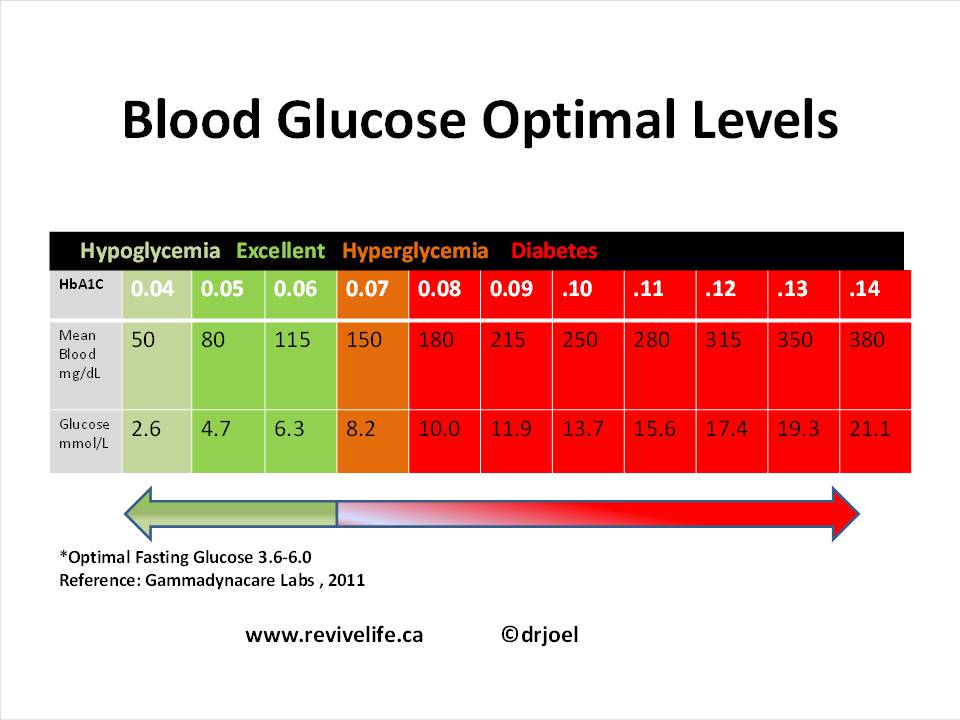What is Diabetes?
Diabetes is a disease where your body cannot control its blood sugar levels properly – either because your body doesn’t make enough (or any) insulin, or because your cells have become resistant to insulin.
Insulin is produced in the pancreas, it is important because it helps your body process sugars.
- If blood sugar levels aren’t kept under control, diabetes can be life-threatening.
- Diabetes can affect the body in many other ways, including eye disease, foot ulceration, kidney failure, amputation and a higher risk of heart disease.
- Keeping your blood sugar at a safe level means you’re less likely to experience other health problems.
- There are two types of Diabetes
If diabetes is diagnosed and managed effectively, you can still live a long and happy life as long as you stay in control.
There’s no cure for diabetes, but there are things you can do to stay well. Support from your friends, family and health care providers can help.
How common is Diabetes?
Worldwide, diabetes caused 5.1 million deaths in 2013. Every six seconds a person dies from diabetes.
Diabetes is very common in Fiji and the number of people with diabetes is growing. Currently almost 1 in every 3 Fijians is being diagnosed with diabetes, that’s 30% of the population. Type 2 diabetes is more common than Type 1, it is also more easily avoided if the correct healthy lifestyle is adopted.
There are also many people in Fiji living with diabetes who may not even know it because they don’t have the symptoms, it is important to get your blood sugar tested regularly to avoid Diabetes related complications further down the track.
The 2002 STEPS survey identified that out of the 16% diabetics, 50% of them were previously unrecognised which is an alarmingly high number. You can always visit your nearest diabetes hub to get your sugar checked ad learn how to stay in control of your diabetes.
- Diabetes is common in both Itaukei and Fijians of Indian descent
- The 2002 STEPS survey revealed that there is higher incidence of diabetes among Fijians of Indian descent as compared with Itaukei (11.5%)
Are you at risk?
Given the fact that 30% of Fijians have Diabetes, you have a 1 in 3 chance of having or developing diabetes. You can take our ‘Are you at risk’ test below to find out if you are at risk. The best way to monitor your health and blood sugar levels is by having regular check ups.
What are the symptoms?
Early detection and treatment of diabetes can decrease the risk of developing the complications of diabetes. The following symptoms of diabetes are typical. However, some people with Type 2 diabetes have symptoms so mild that they go unnoticed so it is always best to get your blood sugar levels tested by a medical professional.
Common symptoms of diabetes:
- Urinating often
- Feeling very thirsty
- Feeling very hungry – even though you are eating
- Extreme fatigue
- Blurry vision
- Cuts/bruises that are slow to heal
- Weight loss – even though you are eating more (type 1)
- Tingling, pain, or numbness in the hands/feet (type 2)
How can I check if I have?
The best way to check if you have diabetes or are at risk is to visit your local health centre. They can check your blood glucose (sugar) levels there and assess any symptoms you may have.
This chart shows the different levels of blood glucose, what are safe levels and what are dangerous levels depending on when you last ate. Your health worker can explain this in more detail when you are getting tested.
source: revivelife.ca
Even if you have no symptoms at all, it is important to get tested as you may still have diabetes.
How can I prevent?
You can prevent or delay the onset of Type 2 diabetes through adopting a healthy lifestyle.
By changing your diet, increasing your level of physical activity and maintaining a healthy weight, you can stay healthier, live longer and reduce your risk of Type 2 Diabetes.
Your body will benefit in so many ways if you take these positive steps. No matter what age you are or what shape you are in, make the change today.
- Eat healthy
- Exercise Daily
- Stop Smoking
- Lower or stop alcohol intake
See Related Areas on this website to get started with your healthier lifestyle.
Type 1 diabetes
Type 1 diabetes is when your body has stopped producing insulin altogether. People with type 1 diabetes need to inject insulin to live.
- Type 1 diabetes is usually diagnosed in children.
- Type 1 diabetes is less common than Type 2 diabetes.
Type 2 diabetes
Type 2 diabetes occurs when your cells have become insulin resistant or your body doesn’t produce enough insulin to keep you healthy.
- Type 2 diabetes usually develops in adults but it is becoming more common in children.
- Type 2 diabetes is the only type of diabetes linked with obesity.
Gestational diabetes
Pregnant women can also develop diabetes. This is called gestational diabetes (or ‘diabetes in pregnancy’). It usually goes away when the baby is born.
Diabetes Hubs in Fiji
Note: You can get tested at any local health centre
National Diabetes Centre
Waimanu Road (opposite CWM Hospital), Suva
Opening hours: 8.00am to 4.30pm
Monday to Friday
Phone: (+679) 331 3444
Lautoka Diabetes HUB Centre
Lautoka Hospital Premises
Lautoka Hospital Road, Simla, Lautoka
Opening hours: 8.00 am to 4.30 pm
Monday to Friday
Phone: (+679) 666 0399
Labasa Diabetes HUB Centre
Labasa Hospital Premises
Labasa Hospital Road, Labasa Town
Opening hours: 8.00 am to 4.30 pm
Monday to Friday
Phone: (+679) 881 1444
Last Updated on 10 years by Publishing Team

